Neem is a really useful tree in hot places like India. People call it Margosa or Indian Lilac. It’s special because it can be used for medicine. Neem gives us good things like flowers, leaves, fruits, bark, gum, oil, seeds, and neem cake. People think it’s the best tree because of all the helpful stuff it gives.
What is neem?
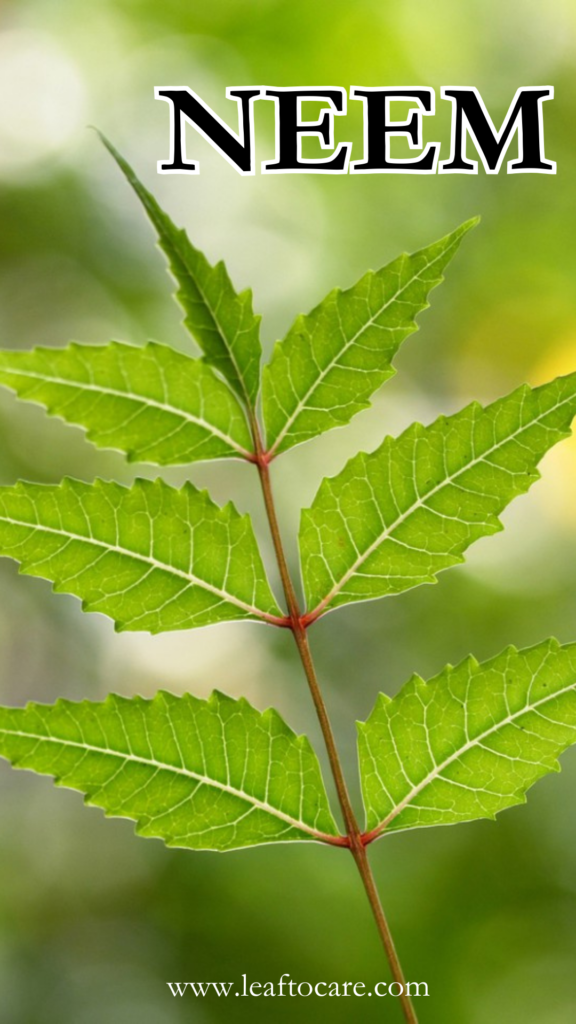
Common Names Of Neem
This bitter tree is known by different names in different parts of the world including Azadirachta indica, Neem Tree, Indian Lilac, and Margosa Tree in English, Arishta, Pavakrita and Nimbaka in Sanskrit, Neem in Hindi, Nim and Nimgacha in Bengali, Bevu in Kannada, Aryaveppu, Aaruveppu in Malayalam, Veppai, Sengumaru in Tamil, Vepa in Telugu, Kandunimba in Marathi, and Dhanujhada, Nimbda in Gujarati.
Other vernacular lesser common names of Neem include Picumandah, Picumardah, Aristah, Prabhadrah, Nim, Nimgaachh, Leemado, Turakbevu, Huchchabevu, Chikkabevu, Kadunimba, Nimb, Neemo, Vempu, Veppu, Vemu, Vepa etc.
Nutritional Value of Neem
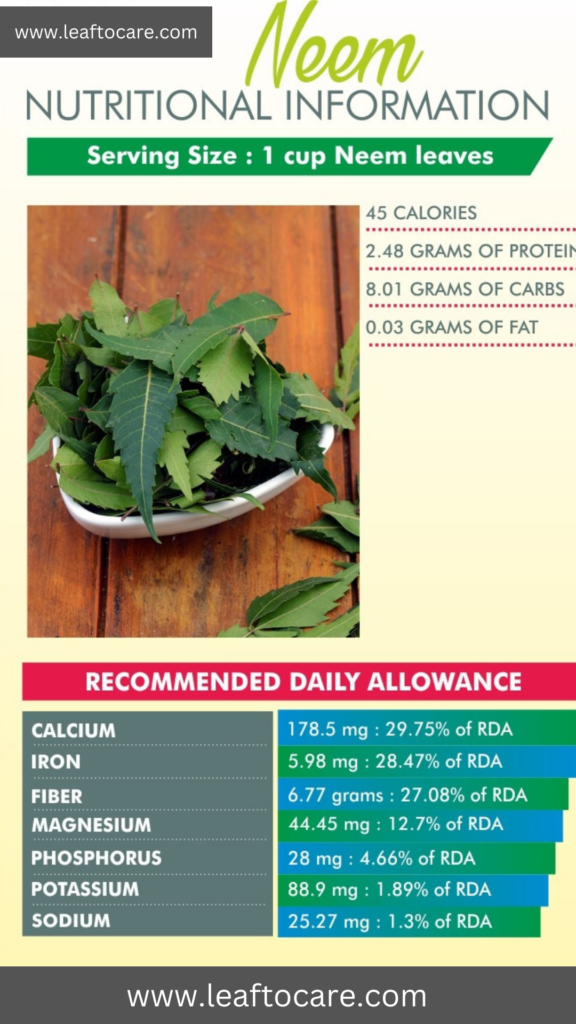
People are checking out leaves from certain tropical plants as new food options for us and food for animals. A study on neem leaves found that they have 18.10% protein and a good amount of fibre (15-56%). Even though they have high energy, it’s not all useful for the body.
Not just for cows and sheep, even other animals that don’t chew their food a lot (like pigs or chickens) could get good stuff from neem leaves. They have protein, vitamins, minerals, and carotenoids – all the good stuff for a balanced diet.
Benefits of neem
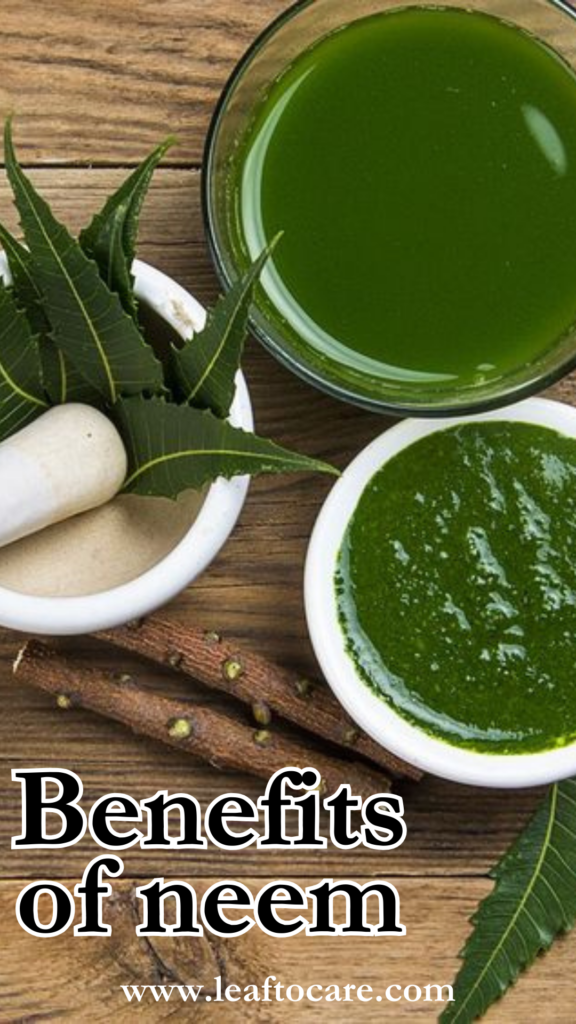
Neem is like nature’s superhero with a bunch of cool powers! It’s great for your skin, helping with things like acne and eczema. Plus, it fights off nasty bacteria in your mouth, so it’s in some toothpaste too. But that’s not all – neem is also a bug repellent, keeping away annoying critters like mosquitoes and ticks. It’s like a natural bodyguard for plants too, helping farmers protect their crops. And guess what? Neem might even help you get better if you have a cut or if you’re feeling a bit sick. So basically, neem is the go-to guy for all things health and nature!
Uses of neem
Neem has a wide range of uses due to its versatile properties. Here are some common uses of neem:
Skincare
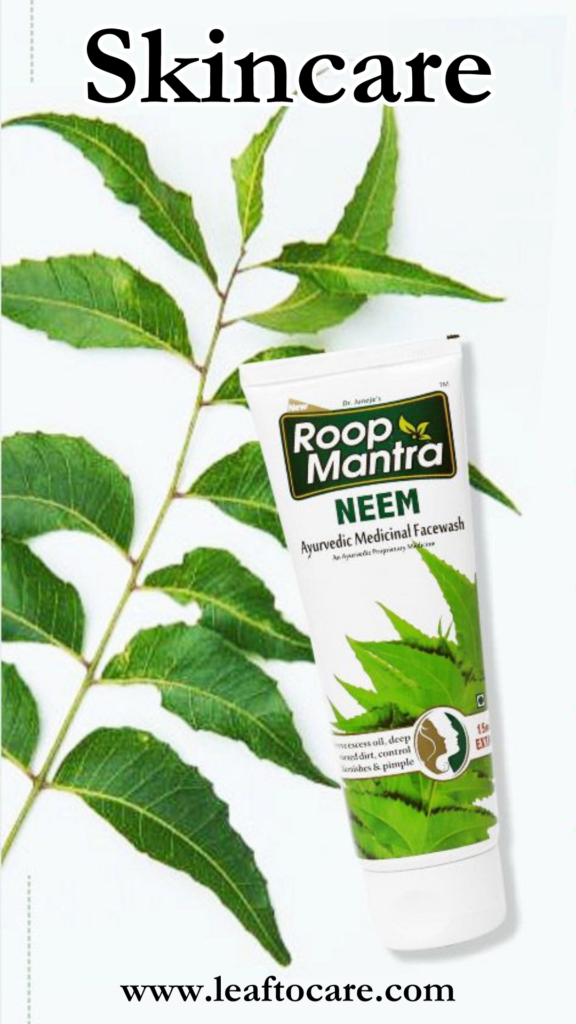
Neem is used in various skincare products such as soaps, lotions, and creams. It helps with conditions like acne, eczema, and psoriasis, thanks to its antibacterial and anti-inflammatory properties.
Oral Care
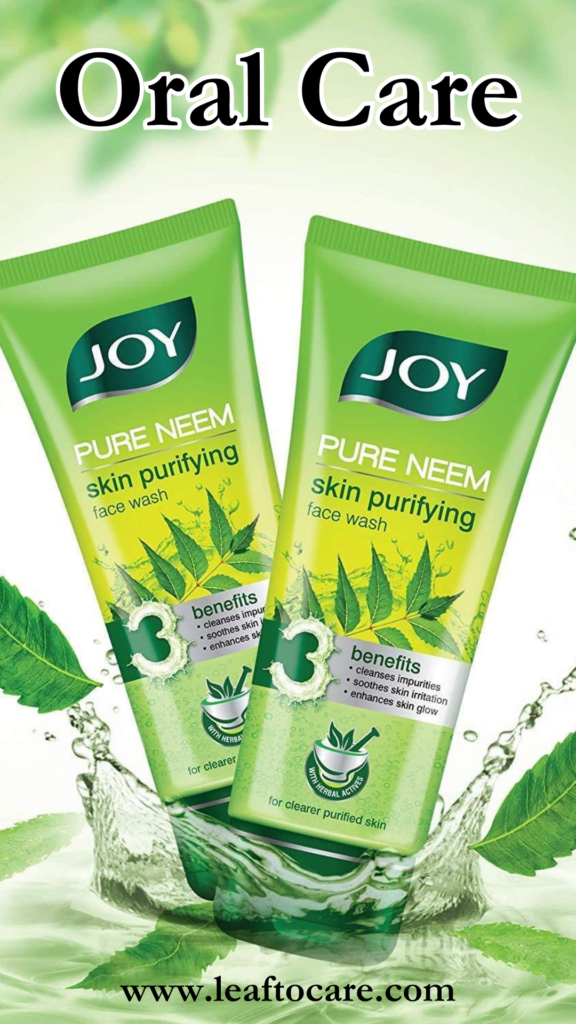
Neem is a common ingredient in toothpaste and mouthwash because of its ability to fight bacteria and promote oral health. It helps prevent issues like gum disease and cavities.
Insect Repellent
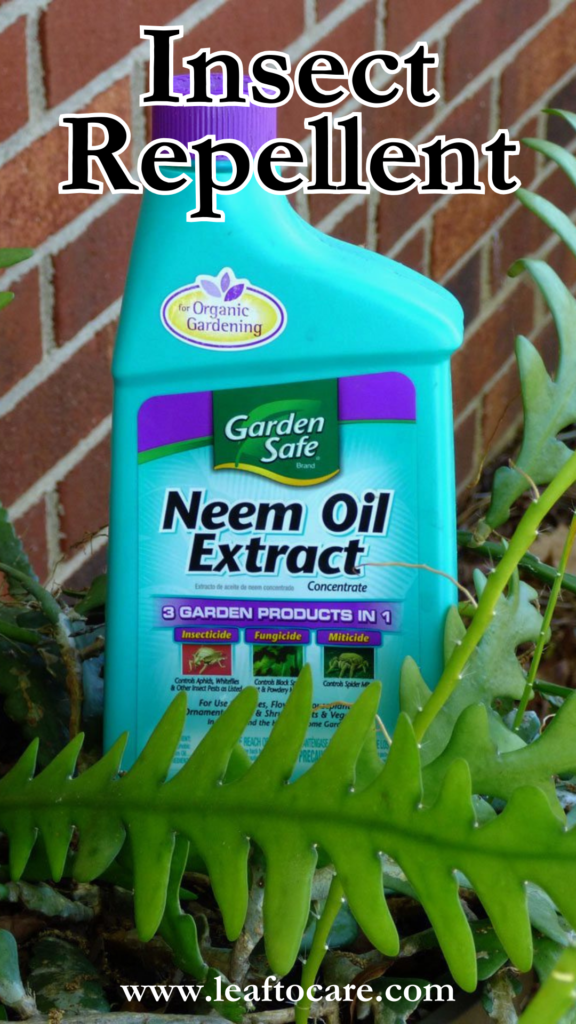
Neem oil is a natural insect repellent. It is used to keep away mosquitoes, ticks, fleas, and other insects. Farmers also use neem in agriculture to protect crops from pests.
Wound Healing
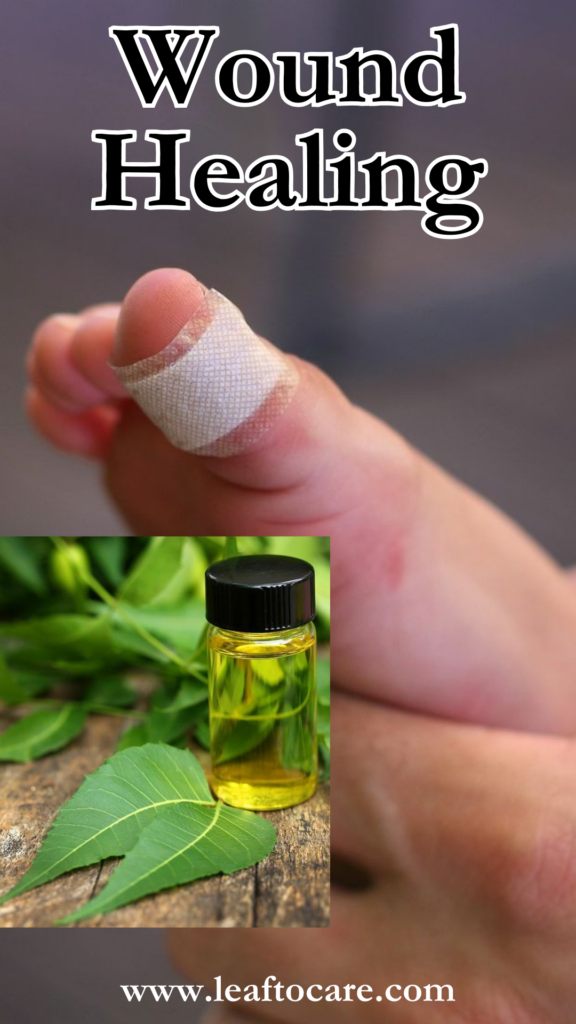
Neem has properties that aid in wound healing. Applying neem oil or neem-based creams to cuts and wounds can promote faster recovery.
Hair Care
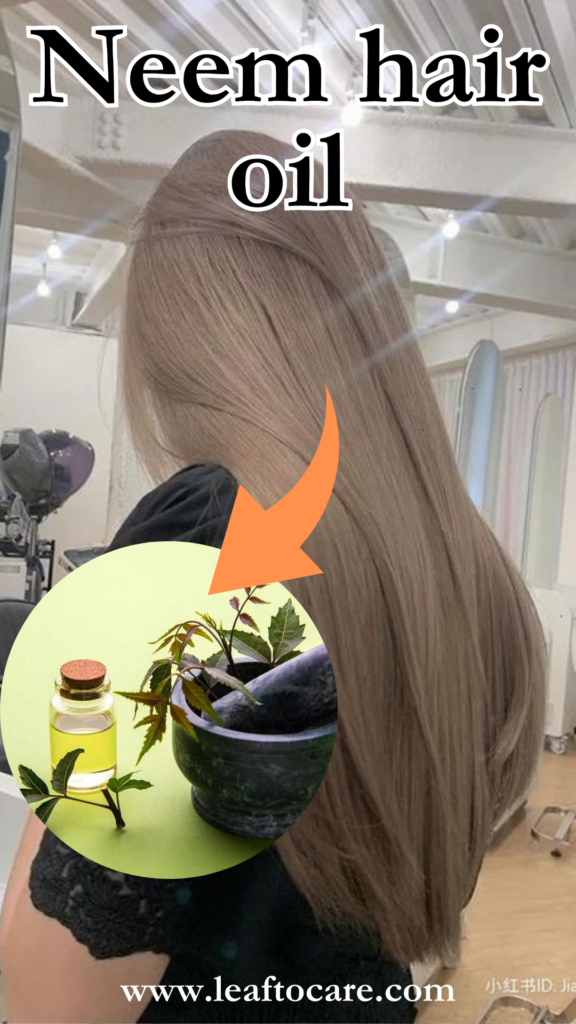
Neem oil is used in hair care products such as shampoos and conditioners. It helps with dandruff, promotes a healthy scalp, and adds shine to hair.
Pest Control in Agriculture
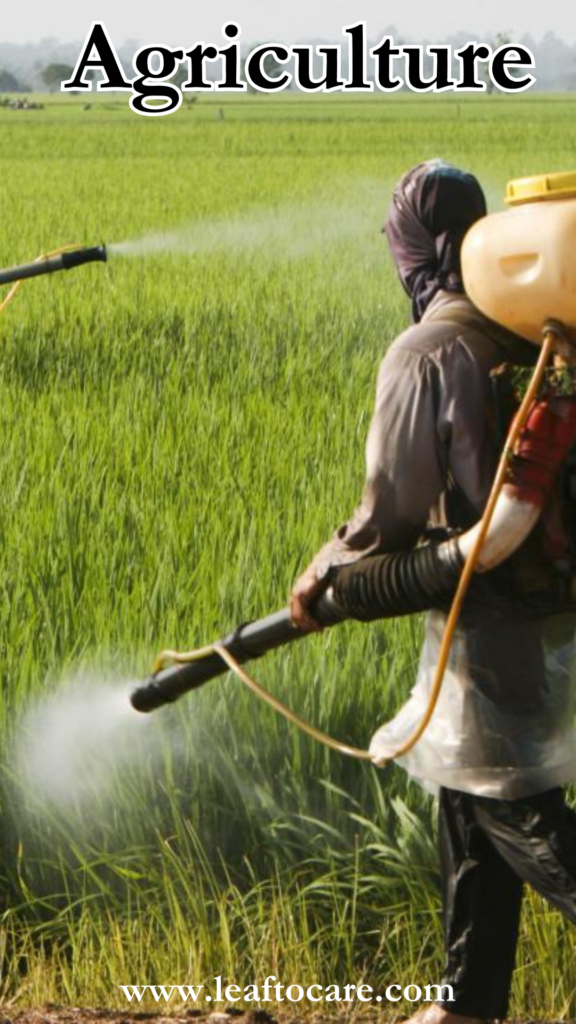
Neem is employed in agriculture to control pests. It acts as a natural pesticide, protecting crops without harmful effects on the environment.
Anti-Inflammatory Support
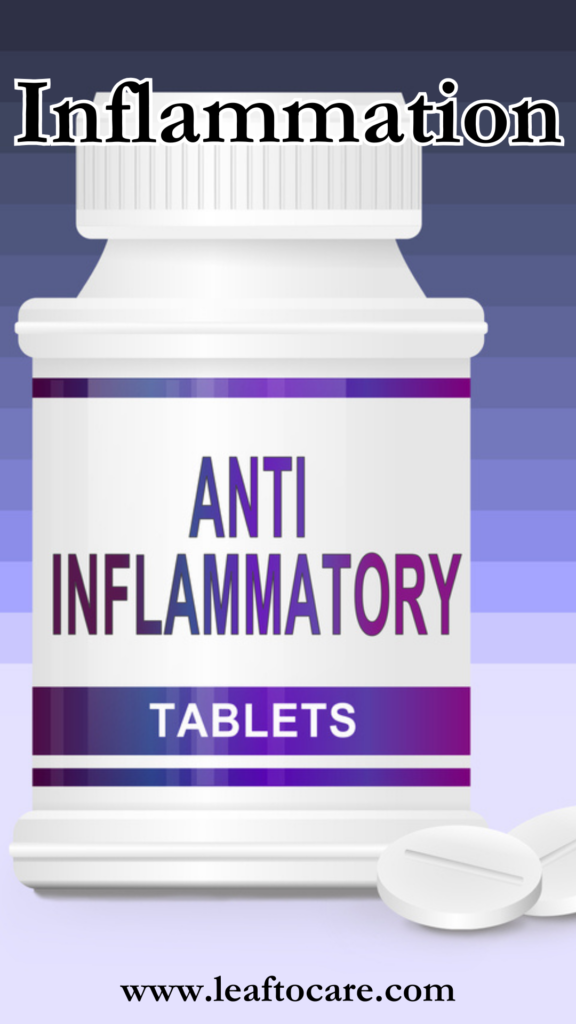
Due to its anti-inflammatory properties, neem is sometimes used to alleviate conditions involving inflammation, such as arthritis.
Blood Sugar Management
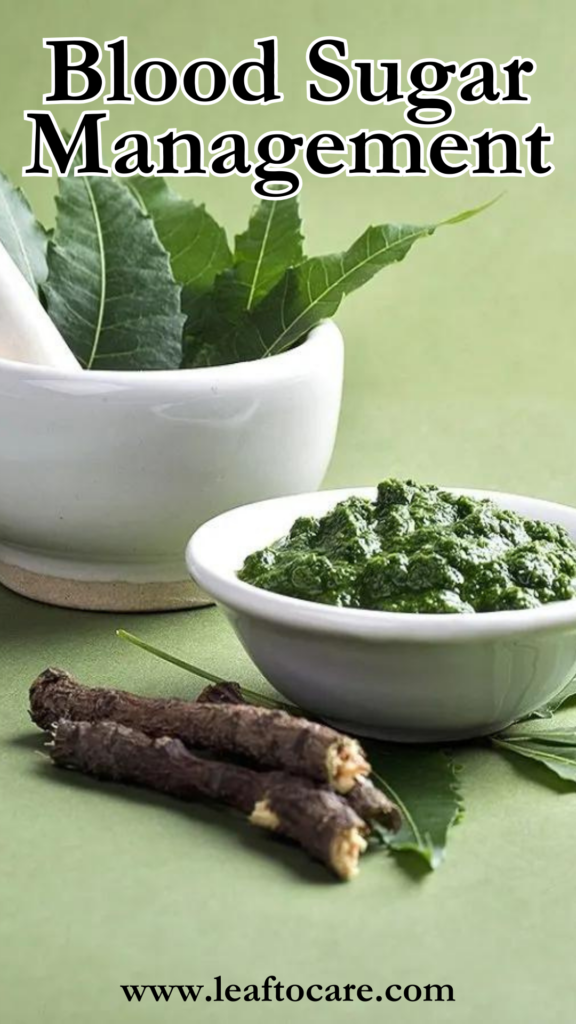
Some studies suggest that neem may help regulate blood sugar levels,
SPECIAL PRECAUTIONS
For kids, using neem seeds or oil by mouth is not safe and can cause serious problems like vomiting, diarrhoea, and even worse. Pregnant women should also avoid eating or using neem, as it might lead to a miscarriage. If you’re breastfeeding, it’s better to be safe and not use neem, as we’re not sure if it’s okay for babies.
For people with diseases where the body attacks itself, like multiple sclerosis or arthritis, neem might make things worse by boosting the immune system. So, if you have one of these conditions, it’s better to skip neem. Always check with a doctor before trying neem or any new medicine, especially if you’re pregnant, have kids, or have health issues.
Conclusion
In conclusion, neem is a versatile plant with a wide range of uses and potential benefits. From skincare to pest control in agriculture, neem’s properties make it a valuable resource. However, caution is essential, especially for children, pregnant women, and individuals with autoimmune diseases, as neem consumption may lead to serious side effects. It’s crucial to consult with healthcare professionals before incorporating neem into your routine, ensuring safe and informed usage. While neem offers numerous advantages, responsible and informed application is key to harnessing its potential without compromising well-being.
